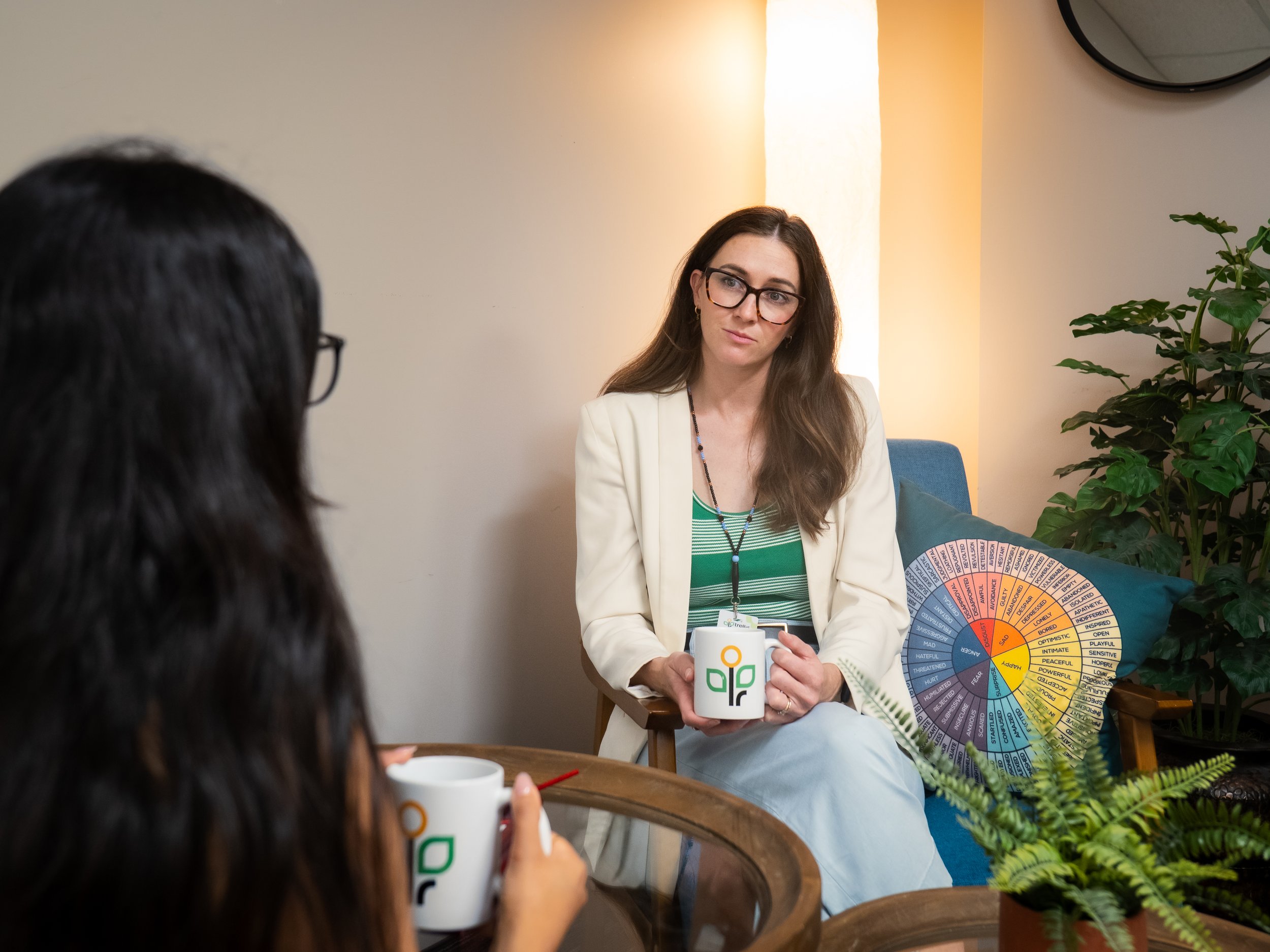Decolonizing Our Practice - Trellis Clinical Team
Why is this a value?
We believe that decolonization is not just a buzzword but a value and commitment. When we talk about decolonizing our practice, we are naming the need to undo harmful patterns rooted in colonial systems; patterns that actively show up in much of Western frameworks/ideas/approaches to mental health. It is a process of naming, learning, and taking concrete steps to change and build a therapeutic practice that follows a Two-Eyed Seeing Lens (Mi'kmaw Elder Albert Marshall).
Too often, therapy has been a site of harm for due to colonization and emphasis on Western healing. Decolonizing practice means ensuring our work supports healing rather than repeating colonial trauma. This aligns with our ethical imperatives as mental health professionals.
Decolonizing in our practices
Bringing in Indigenous ways of knowing: Using story, relationship, land-based metaphors, ceremony, and narrative practices that honour culture alongside clinical tools.
Holding space for identity and history: Inviting clients to explore how intergenerational trauma, resilience, and cultural strengths shape their lives.
Creating space for cultural practice (access to medicines/smudging in each therapy space) and inviting practices that we are less familiar with.
Flexibility in our practice and how our sessions are shaped, such as taking therapy outdoors, being in nature, and inviting natural supports into the space (if fitting).
Being mindful of the power and privilege and the “expertness” that follows the title, and working from a collaborative/relational lens.
Relational first, clinical second: Prioritizing trust, connection, and reciprocity before “interventions.”
Where We Recognize We Need to Grow and Challenge Ourselves as Therapists
Embracing discomfort and humility: Slow down to notice, reflect, and resist pressures to conform to harmful norms. Accept that competency is never fully reached, and develop comfort with discomfort, repair, and being challenged.
Reflective and continuous learning: Bring curiosity to past and current learnings, asking whether they align with clients’ worldviews. Re-evaluate tools and shift away from approaches that no longer fit. Commit to continuous growth around Indigenous worldviews, histories, and healing practices.
Mindful use of power and language: Stay aware of the inherent power in the therapist role, the privilege of holding clients’ stories, and the impact of language and interventions used.
Expanding sources of learning: Engage with academic and non-academic books, stories, and teachings. Learn the history of the land and people we work with. Stay open to feedback from clients and colleagues, and welcome professional and personal learning beyond the “clinical.”


